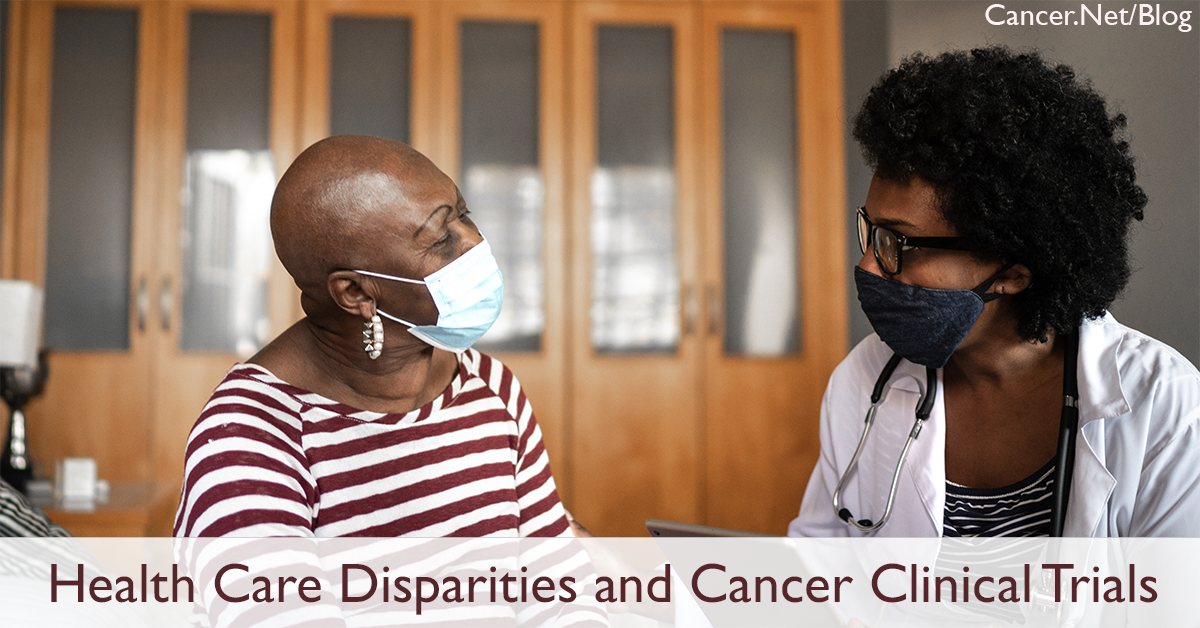
Health care disparities are differences in health care and outcomes that occur among people within a certain community. These differences may occur because of a person’s race, ethnicity, gender, sexual orientation, age, income level, or due to where they live.
In this podcast, Petros Grivas, MD, PhD, talks with Edith Mitchell, MD, FACP, about how health care disparities affect different groups of people with cancer, with a focus on racial and ethnic disparities, and why clinical trials are an important step in reducing these disparities. Clinical trials are research studies. Cancer clinical trials investigate new medical approaches for prevention, early detection, treatment options, supportive care, survivorship care, and other aspects of cancer care.
-
What does “health care disparity” mean? [3:41]
-
Who is most negatively affected by health care disparities in the United States? [5:38]
-
What are some examples of cancers that affect some communities more than others? [7:48]
-
Why are clinical trials important in reducing health care disparities? [9:50]
-
What resources are available to help people with cancer find clinical trials? [14:08]
Dr. Grivas is a medical oncologist at Seattle Cancer Care Alliance, clinical director of the Genitourinary Cancers Program, and an associate professor at the University of Washington School of Medicine. He is also an associate member of the Clinical Research Division at Fred Hutchinson Cancer Research Center and a Cancer.Net Specialty Editor for Genitourinary Cancers. Dr. Mitchell is the director of the Center to Eliminate Cancer Disparities and program leader of gastrointestinal oncology at the Sidney Kimmel Comprehensive Cancer Center. Drs. Grivas and Mitchell have no relevant relationships to disclose related to the content of this podcast. Additional disclosure information for Dr. Grivas can be found in his individual bio, linked to above. View Dr. Mitchell’s disclosures (PDF).
Was this podcast useful? Please subscribe, rate, and review Cancer.Net Podcasts on Apple Podcasts or Google Play. This prerecorded podcast can be listened to online or downloaded to your computer. A transcript is also available. For more information, visit the Cancer.Net podcast page.
Cancer.Net podcasts are edited for length and content.







